The Cash Flow Valuation method looks at the ability of a business to generate sufficient cashflow to substantiate its future earnings and provide the means to pay the seller the consideration for the business over a period of time. For accountants and advisors, mastering this method provides a sanity check to ensure the valuation placed on the business is realistic and achievable.

Deciphering Cash Flow Valuation
The essence of Cash Flow Valuation lies in its simplicity: a business’s value is determined by its ability to generate cash. This method primarily uses Earnings Potential (EBITDA) combined with the ability of the business to raise finance on the value of its tangible asset base.

For instance, if a company had an EBITDA £150,000, loan repayments of £25,000 and with a repayment period over 3 years this would form the foundation for its valuation.
Merits of Cash Flow Valuation
- Alignment of Interests: When the previous owner has a stake in the future success of the business, they have an incentive to help it perform well during the earn-out period. This aligns their interests with those of the buyer in ensuring the company’s continued success.
- Risk Mitigation for the Buyer: An earn-out allows the buyer to mitigate risk. If the business doesn’t perform as expected post-acquisition, the buyer doesn’t have to pay the full amount upfront. The seller’s continued involvement can help maintain stability during the transition period.
- Transfer of Knowledge and Expertise: The previous owner, having built the business, possesses invaluable institutional knowledge and expertise. Retaining them can facilitate a smoother transition, allowing for the transfer of critical information, relationships, and insights that are essential for the business’s ongoing success.
For Accountants & Advisors: Navigating the Nuances
- Tangible Asset Valuation: An up to date accurate asset valuation is required and may not be the value reflected on the balance sheet
- Future Earnings: It is important to be confident about the EBITDA projected
- Understanding the Seller: This valuation requires the Seller to remain in the business for a period of time and both the Seller and Buyer need to be comfortable with the time period and arrangement.
Considerations and limitations when using this approach
- Conflicting Interests: The interests of the previous owner and the new management might not align, leading to potential conflicts of interest. The previous owner may prioritize short-term gains to recover the earn-out, while the new management might focus on long-term sustainable growth.
- Financial Risks: If the business underperforms, the new management might struggle to meet the agreed-upon earn-out targets. This can strain the business financially and potentially lead to disputes or a strain in the relationship between the previous and current owners.
- Lack of Autonomy: The involvement of the previous owner might hinder the decision-making autonomy of the new management. This can be counterproductive to the new ideas and strategies the new management might want to implement.
- Market Changes: Economic conditions, market trends, or industry shifts may significantly impact the business in a way that was unforeseeable during the sale. In such cases, meeting earn-out targets can become exceedingly difficult, leading to disagreements or financial strain.
- Legal Complications: Without a clearly defined and well-drafted contract, disputes might arise over the terms of the earn-out, leading to legal battles, which can be costly and time-consuming.
- Emotional Attachment: The previous owner might find it challenging to detach emotionally from the business, which could result in their interference in day-to-day operations or decision-making.
- Resource Drain: Having funds tied up in an earn-out could limit the new management’s ability to invest in other areas critical for the business’s growth, especially if the funds are needed elsewhere.
Conclusion: The Power of Cash Flow Valuation
Cash is often termed the lifeblood of a business. The Cash Flow Valuation method removes all emotion and opinions from the valuation and looks to realistically measure business performance as a means to pay out the Business Owner. If there is insufficient cash, business cannot afford to pay the Seller the consideration for the business. Accountants and advisors proficient in this method are better equipped to advise businesses on their financial health and potential.
How VFD Pro can support your clients with Business Valuations
VFD Pro offers powerful tools for reviewing, analysing, and predicting financial data, which can be helpful in conducting business valuations for your clients. With VFD Pro, you can explore seven different business valuation models and gain in-depth insights into your clients’ financial performance. This can help you provide accurate and informed guidance to your clients when it comes to valuing their businesses.

